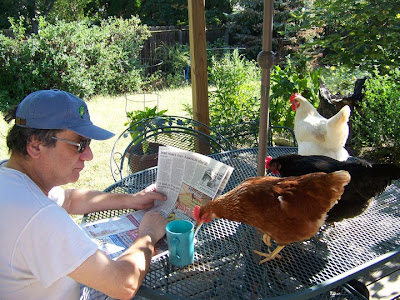FRONTLIST (i.e., published in 2010)
- Death is Not an Option, Suzanne Rivecca
- How to Live: A Life of Montaigne in One Question and Twenty Attempts at an Answer, Sarah Bakewell
- Blackout and All Clear, Connie Willis
- Skippy Dies, Paul Murray
- Leviathan, Scott Westerfeld
- How to Live Safely in a Science Fictional Universe, Charles Yu
- Bad Marie, Marcy Dermanksy
- The first three volumes of kitten manga Chi's Sweet Home, Konami Kanata (tr. by my friend Ed!)
- Kraken, China Mieville
- One Bloody Thing After Another, Joey Comeau
- Stories: All-New Tales, ed. Neil Gaiman & Al Sarrantonio
- The Boneshaker, Kate Milford (N.B. not the Cherie Priest of the same name everyone's reading)
- Elegies for the Brokenhearted, Christie Hodgen
- The Origin of Species, Nino Ricci
- The Boy Who Couldn't Sleep and Never Had To, D.C. Pierson
BACKLIST
- The Best of Everything, Rona Jaffe
- The Tenant of Wildfell Hall, Anne Bronte
- Sex, Drugs, and Cocoa Puffs, Chuck Klosterman
- American Gods, Neil Gaiman
- The Midwife's Apprentice, Karen Cushman
- Perdido Street Station, China Mieville
- Beyond Heaving Bosoms: The Smart Bitches' Guide to Romance Novels, Sarah Wendell & Candy Tan
- Cloud Atlas, David Mitchell
- The first three books in the Confessions of Georgia Nicolson series, Louise Rennison
- Last Night in Montreal, Emily St. John Mandel
- The Gone-Away World, Nick Harkaway
- Speak, Laurie Halse Anderson
- Heart-Shaped Box, Joe Hill
- Lowboy, John Wray
- When You Reach Me, Rebecca Stead
- The Secret History, Donna Tartt











